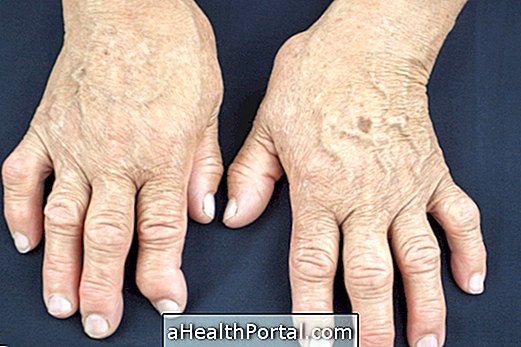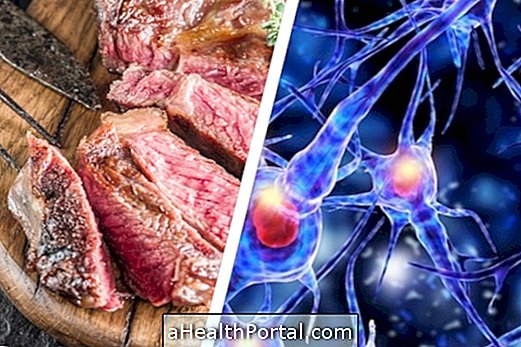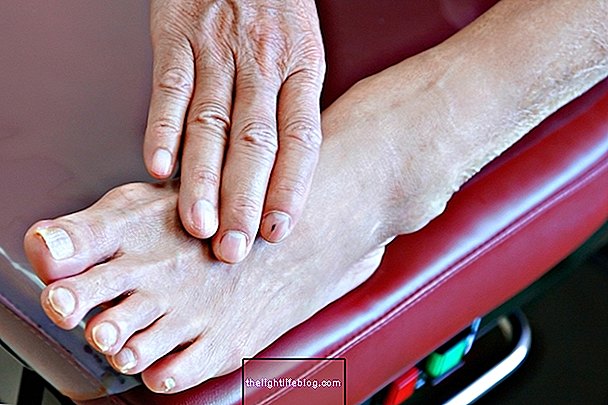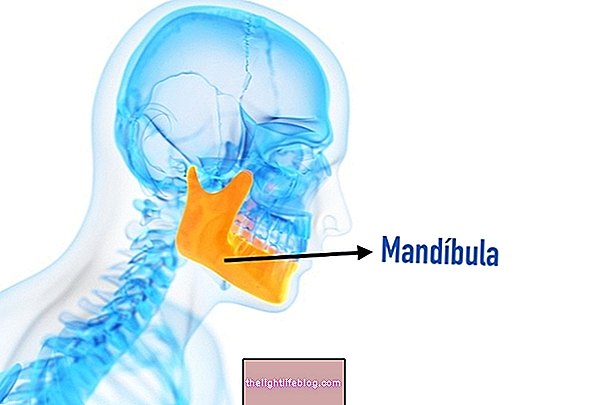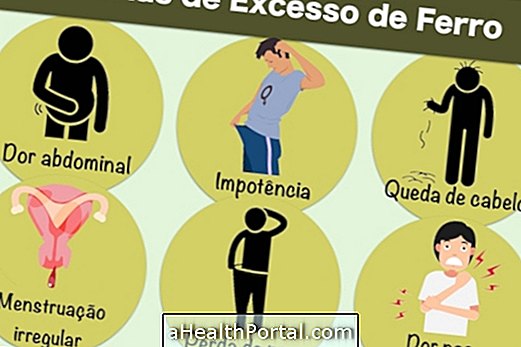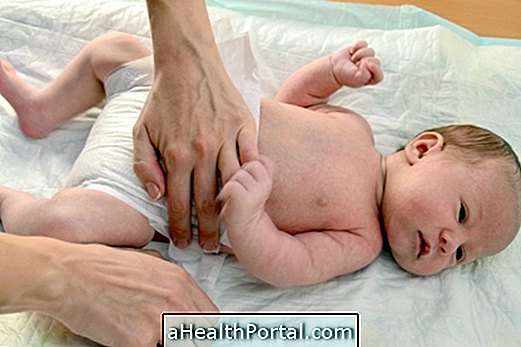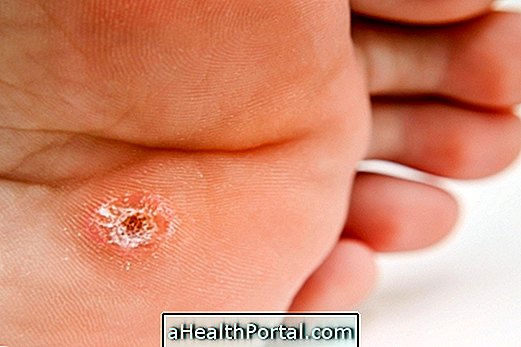Drinking less than 1.5 L of water per day can impair kidney function and lead to acute or chronic kidney failure, for example, since lack of water reduces the amount of blood in the body and therefore interferes with the amount of oxygen the kidney receives, causing lesions in its cells and decreased function. Learn more about kidney failure.
In addition, drinking a little water increases the chances of developing kidney stones and increases the risk of developing urinary tract infections because toxins, such as urea, are concentrated in the body and bacteria can develop easily. Learn why you should drink water every day.
Acute renal failure, which is the rapid loss of ability of the kidneys to filter blood, can be cured in less than 3 months if it is identified quickly and the treatment recommended by the nephrologist started thereafter. See the symptoms of acute kidney failure.
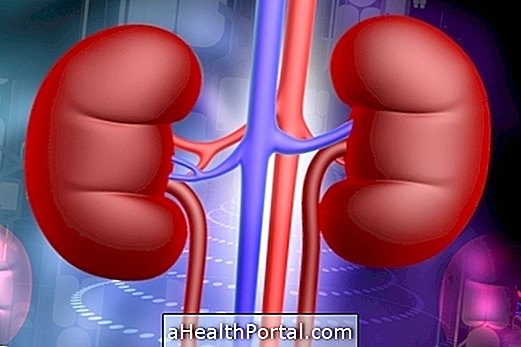
How to identify kidney malfunction
Some symptoms that may indicate the development of acute renal failure include:
- Little amount of urine, which can be very dark and smells strong;
- Swelling of the body, especially eyes, legs and feet, due to fluid retention;
- Dry and dull skin;
- Hand tremors;
- Easy tiredness and drowsiness;
- High pressure;
- Nauseation and vomiting;
- Persistent hiccups;
- Lack of feeling in the hands and feet;
- Blood in the urine;
- Aggression and convulsions.
The diagnosis is made by the nephrologist from the results of the blood and urine tests, which indicate an increase in the concentration of urea, creatinine and potassium. In addition, your doctor may recommend performing imaging tests, such as MRI, ultrasound, or CT scan to check the condition of your kidneys.
Treatment for acute renal failure
Treatment for acute renal failure should be doctor-and nutritionist-oriented and include:
- Use of medications to lower blood pressure and decrease body swelling like Lisinopril and Furosemide, for example;
- Eat a diet low in protein, salt and potassium so as not to aggravate kidney malfunction;
- Drink the amount of water indicated by the doctor or take serum through the vein.
In some cases, acute renal failure can become chronic and hemodialysis is required about 3 times a week in the hospital to filter the blood. Depending on the severity of renal failure, renal transplantation may also be indicated. Also know about treatment for chronic kidney failure.
How to prevent the development of acute renal failure
To prevent the kidneys from starting to lose their function, it is essential to drink plenty of fluids and only take the medicines with the doctor's advice, because many medicines require an exaggerated function of the kidneys, since they must be eliminated through the urine.
In addition, a low-salt, low-fat diet should be maintained, exercising at least 3 times a week, and avoiding cigarettes and alcohol. See how the diet for kidney failure is made.
To learn how to increase water consumption daily see the video:

